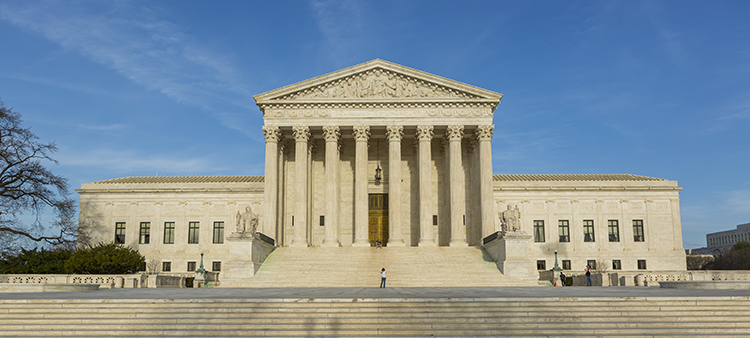Probe: Narrow BP Focus on Worker Safety Missed Big-Picture Issues Resulting in Massive Gulf Spill
Focused on worker safety, BP failed to anticipate adequately big-picture risks that led to the 2010 explosion and fire in its Gulf of Mexico oil rig that killed 11 people and resulted in a massive petroleum spill, members of a federal investigatory panel said Tuesday.
Preliminary findings by the U.S. Chemical Safety and Hazard Investigation Board found the oil company failed to anticipate and develop adequate procedures for dealing with overarching safety issues, such as the need to conduct a crucial test that could have prevented the blowout in an undersea pipe that caused the record-breaking offshore spill, according to the Associated Press.
“It’s always puzzled me why a company like BP … that has major resources available … is involved with two of the biggest accidents,” said board member John Bresland. The other incident to which he referred was a fatal 2005 explosion in the company’s Texas City refinery.
However, the issues the board identified concerning BP’s operations are also issues for the industry as a whole rather than just one company, the AP article notes. The board has investigatory powers but lacks regulatory authority.
Related coverage:
ABAJournal.com (2011): “Feds Blame BP Shortcuts for Gulf Oil Spill in New Report Released Today”
ABAJournal.com (2009): “OSHA Hits BP Refinery With Monster $87.4M Fine; 15 Died in 2005 Explosion”



